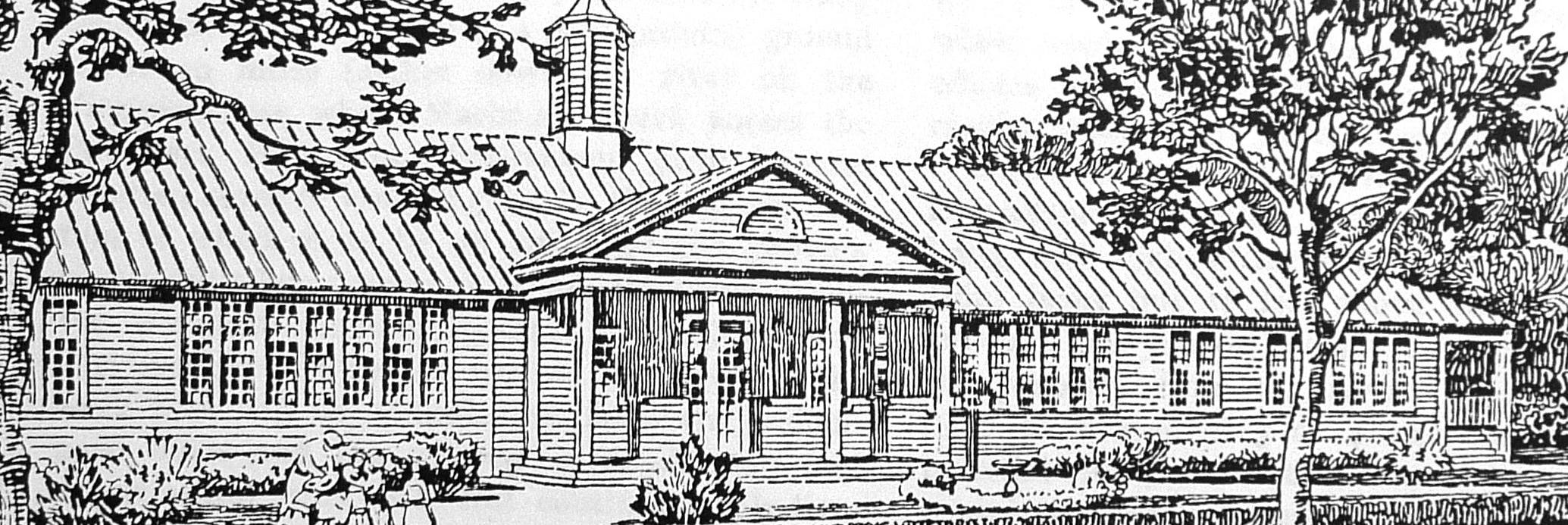In India, there are three Jewish sects – the Bene Israel, the Baghdadi, and the Cochin Jews. They are mainly found in the major metropolitan centres such as New Delhi, Ahmedabad, Pune, Kolkata, Kochi, and Mumbai. It is said that the first to arrive were the Bene Israelis who landed on the Konkan coast of India 2000 years ago when they were shipwrecked near the village of Nowgaon. They later migrated from the Konkan coast to the nearby cities. Many found jobs under the British government. In Mumbai, the community grew but it managed by conducting prayer services in homes or borrowed facilities. However, towards the end of the eighteenth century, the need for a proper synagogue as a centre of spiritual, educational, and social centre grew. It was at that time that the two members of the community, Samuel Divekar and his brother Issac, served in the British East Indian army as officers. During the Anglo-Mysore Wars, they were captured by the Mysore king, Tipu Sultan. The Sultan asked ...
More
In India, there are three Jewish sects – the Bene Israel, the Baghdadi, and the Cochin Jews. They are mainly found in the major metropolitan centres such as New Delhi, Ahmedabad, Pune, Kolkata, Kochi, and Mumbai. It is said that the first to arrive were the Bene Israelis who landed on the Konkan coast of India 2000 years ago when they were shipwrecked near the village of Nowgaon. They later migrated from the Konkan coast to the nearby cities. Many found jobs under the British government. In Mumbai, the community grew but it managed by conducting prayer services in homes or borrowed facilities. However, towards the end of the eighteenth century, the need for a proper synagogue as a centre of spiritual, educational, and social centre grew. It was at that time that the two members of the community, Samuel Divekar and his brother Issac, served in the British East Indian army as officers. During the Anglo-Mysore Wars, they were captured by the Mysore king, Tipu Sultan. The Sultan asked them about their caste. The brothers mentioned that they were Bene Israeli. Sultan had never heard of the group and he was about to condemn them to death when his mother intervened and mentioned that she had heard of the name of this 'caste' in the Qur’an. Since the Sultan was a pious Muslim, he exchanged them for a prisoner swap with the British. The two brothers returned to Bombay and built the synagogue as a way of showing gratitude to God for saving their lives in 1796. It was built near Esplanade in South Mumbai. By the late 1850s, the synagogue’s membership had grown, and a larger building was needed. The original synagogue was demolished and a new one was built on the same site. The new building was consecrated on the 24th of March 1860 in its present location at Mandvi in 1860. Its cost was met from the congregational funds and contributions of the managing committee. In 1896, for its centennial celebration, the synagogue was renamed Shaar Harahamim, Hebrew for Gate of Mercy. In April 1919, the synagogue organized a public meeting of Bene Israelis on the subject of Zionism for setting up of an independent homeland of Palestine. Although the number of Jews living in the city has declined, yet the synagogue serves a congregation of about a hundred members on special days. This synagogue also features on various heritage and religious tours of the city.
Less

